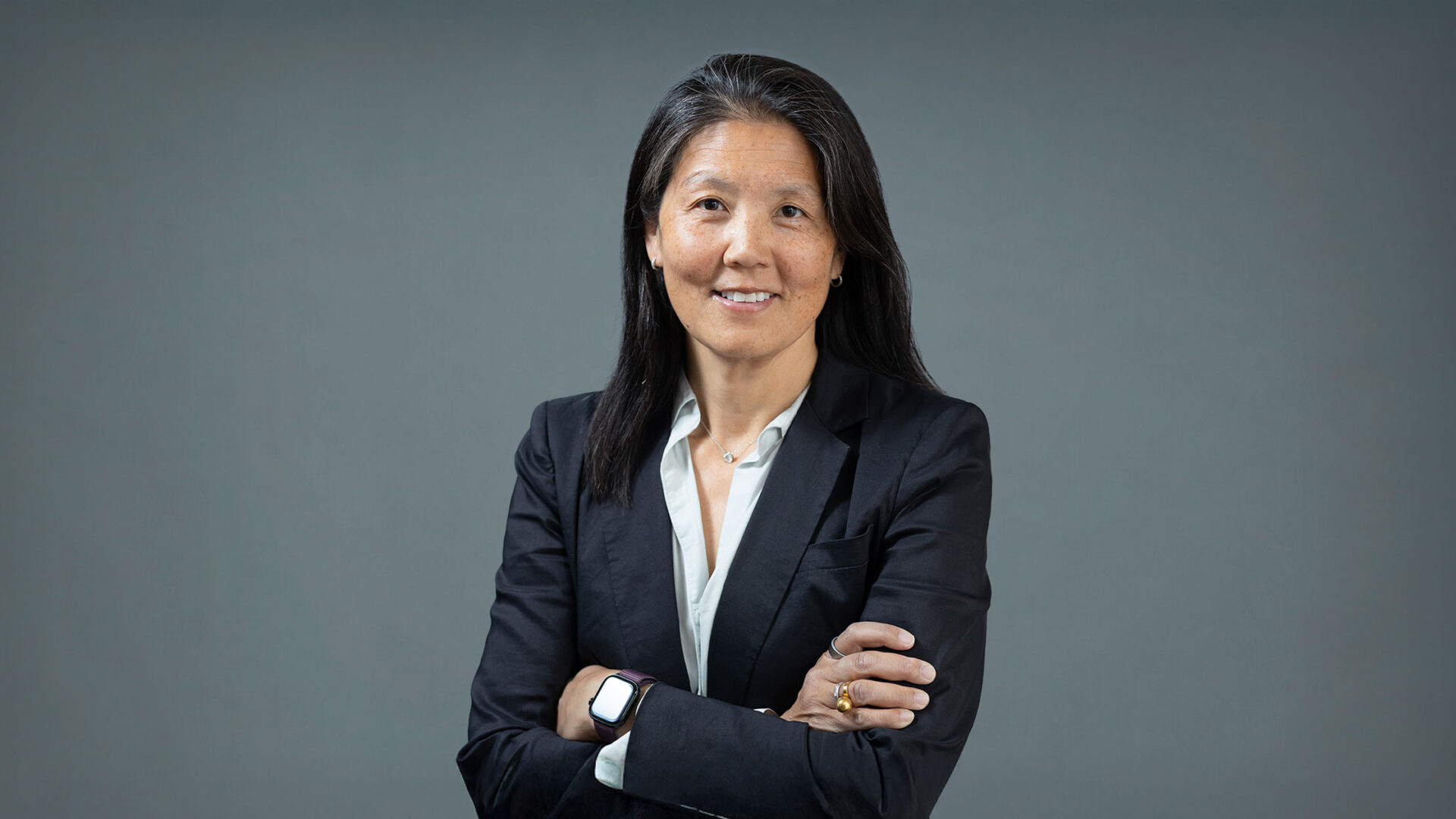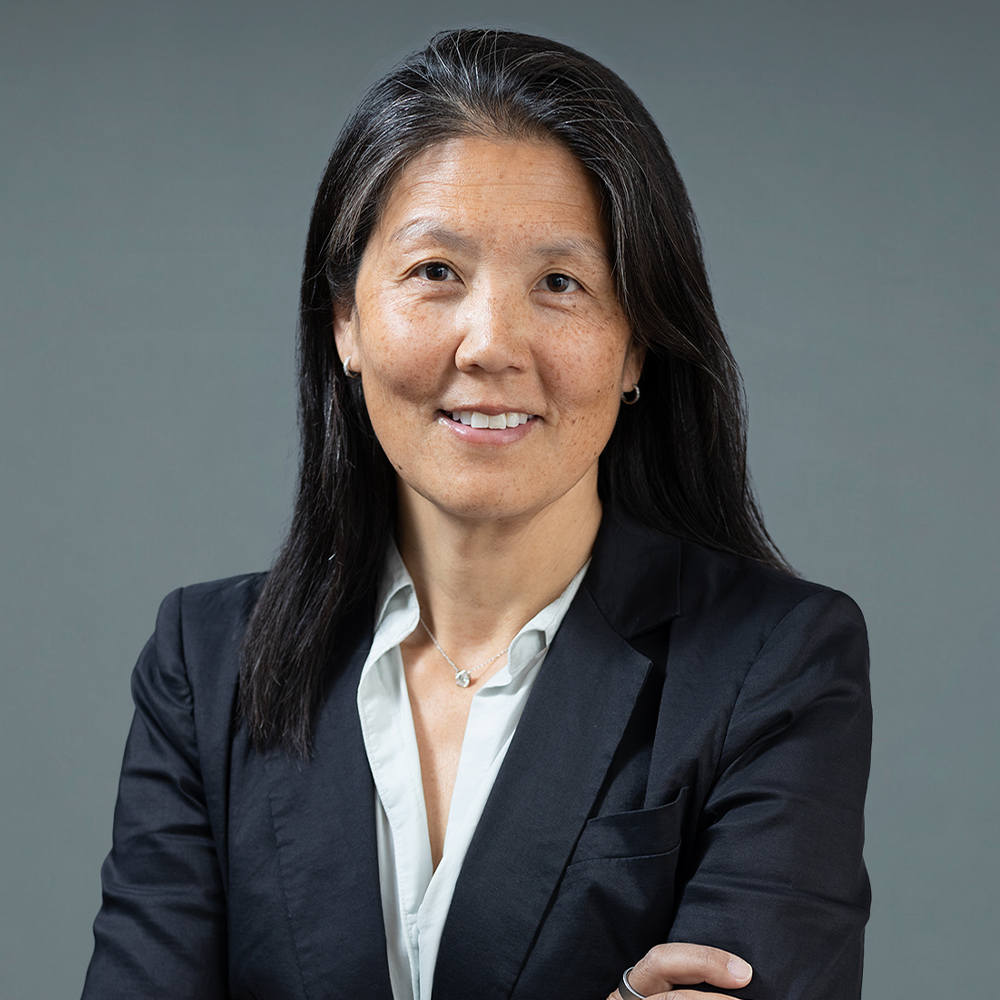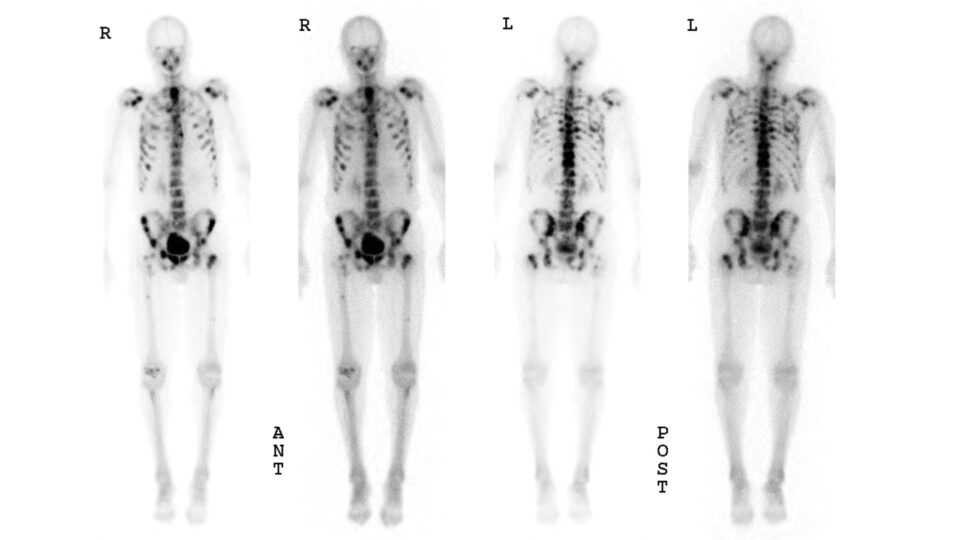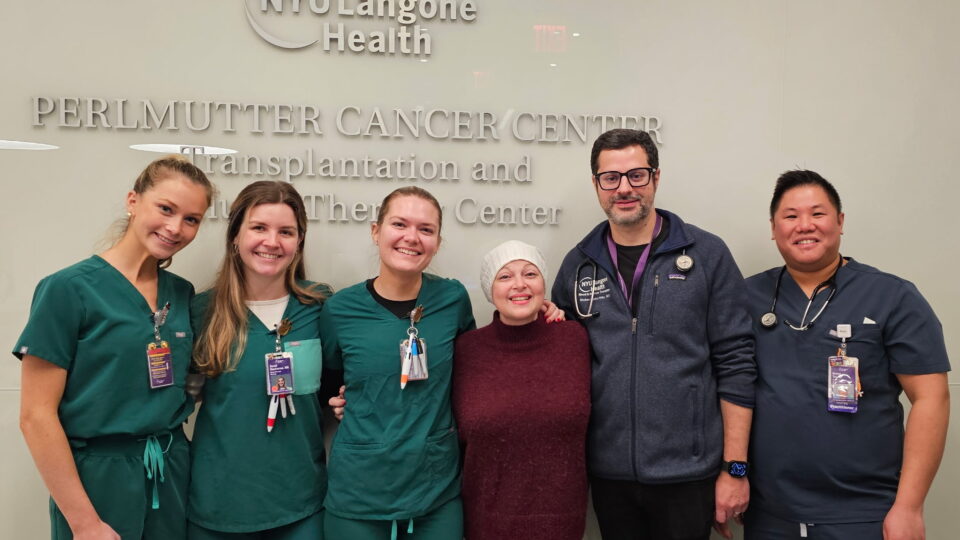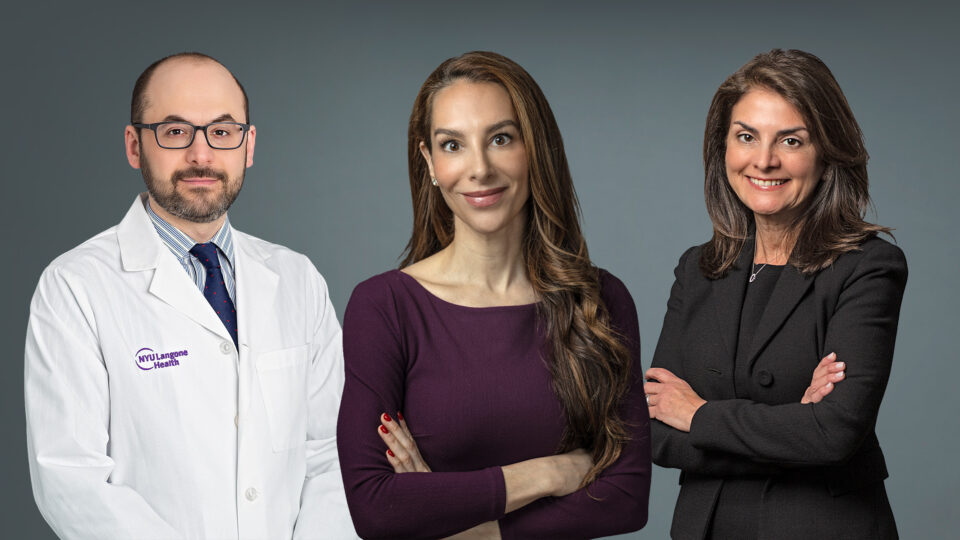Naomi Y. Ko, MD, MPH, has joined NYU Langone’s Perlmutter Cancer Center as the new section chief and disease management group leader for breast cancer medical oncology.
A renowned medical oncologist and translational researcher, Dr. Ko is known for her NIH-funded research and for centering personalized approaches to clinical treatment. Here, she shares her vision for breast cancer care at NYU Langone—a vision she says can help women treated for breast cancer everywhere.
Physician Focus: Dr. Ko, what does this new leadership role mean to you, and how are you approaching it?
Dr. Ko: It’s an incredible opportunity to take an already robust cancer program to the next level. I want to harness the momentum I’m sensing at Perlmutter Cancer Center right now and leverage it into something incredible for women diagnosed with breast cancer.
My philosophy is that I don’t treat breast cancer; I treat the woman who has breast cancer. To that end, my goal is for NYU Langone to be a leading academic breast cancer program that takes care of the whole person—with scientific rigor and compassion. I’m eager to lead a team of strong, committed physician–scientists toward making a real impact—in and beyond New York. I have my sights set on taking what we’re building here and translating it into care models that serve women everywhere.
“I have my sights set on taking what we’re building here and translating it into care models that serve women everywhere.”
Naomi Y. Ko, MD, MPH
NYU Langone is the right place to do that. We have integration across our locations in Manhattan, Brooklyn, and Queens and on Long Island, and the institution is intentional about growing the right way. It’s not just about Manhattan; it’s about investing support and resources across all locations. We want women to feel fully embraced by NYU Langone, no matter where they walk in.
Physician Focus: What are your early priorities, and how do you envision the program evolving under your leadership?
Dr. Ko: I plan to be visible, because leadership starts with being present. I want to work closely with the infusion nurses, front desk staff, phlebotomists, technicians, pathologists—everyone who touches a patient’s experience. Because cancer care is not just the doctor. It’s the person who checks you in, the interventional radiologist who places your port, and the pathologist behind the scenes.
I’m especially eager to be connected across our teams in Brooklyn, on Long Island, and at NYC Health + Hospitals/Bellevue. There’s incredible work happening across these sites—clinical trials, community outreach, personalized care—and I want to do even more to meet patients where they are, to provide exceptional care without exception.
That mission is personal for me: My parents are immigrants, and I was raised by my grandmother, who died of cancer when I was 13. At clinic visits I’d interpret from English to Chinese, while she sat there terrified because she had no clue what was happening. That experience shaped what I strive to do for my patients: bring the care and attention I would give my grandmother into every clinic room, ensuring each patient feels seen and valued.
“That experience shaped what I strive to do for my patients: bring the care and attention I would give my grandmother into every clinic room.”
Another top priority is investing in the people around me. This group has phenomenal talent; they are personable, kind, and sharp. As section chief, I see my role as helping everyone shine—nourishing their strengths, understanding what they need to do their best work, and creating a supportive culture. That’s how we build something sustainable.
Physician Focus: How does your research background inform your vision for the program?
Dr. Ko: I’ve spent my career asking why Black women are dying at 40 percent higher rates from a disease we know how to treat. I began to answer that question while caring for patients at a hospital that serves a large population of Black women; I’d drive to patients’ houses, call their families, and do everything I could to help them overcome social barriers to treatment.
At the same time, I was publishing, building evidence, and speaking out about the disparity. Working in Massachusetts, a state where we had strong insurance coverage, I started to ask: If we’ve addressed the insurance barrier, what’s left to investigate that will really move the needle toward health equity? Tumor biology.
That is where my translational research comes in. I’m leading an NIH-funded study focused on triple-negative breast cancer in Black women. We’re genotyping blood and tumor tissue to look at subclonal heterogeneity of the tumors and home in on what factors create a more deadly tumor biology. It’s a true bench-to-bedside approach in search of therapies to bring directly to patients.
This year, I’m also honored to be a Radcliffe Fellow at Harvard, where I’ll be working on a book that weaves together the patient stories behind disparities. This work, my research, and my leadership at NYU Langone are all rooted in the same core belief: Everyone with breast cancer deserves access to the best care and science we can offer.
Physician Focus: What do you see as the next frontier in breast cancer care?
Dr. Ko: In breast cancer, we are fortunate to have extensive data, a large research community, and momentum toward true adoption of personalized medicine. With large, collaborative studies and access to incredible scientific tools, we’re on the cusp of understanding tumor behavior in a way that will reshape personalized cancer care.
“We’re on the cusp of understanding tumor behavior in a way that will reshape personalized cancer care.”
Breast cancer also has a strong and growing rate of survivorship, which makes the comprehensive care at NYU Langone so vital. If a patient wants to have a baby, we can offer world-class fertility services. If she has a genetic predisposition to cancer, we can help her children get preventive care. If her diagnosis motivates her to focus on her health, we’re here with support for exercise, nutrition, smoking cessation—whatever she needs. We’re caring for a person, not just their diagnosis. We have a responsibility to support every part of each person’s journey.


